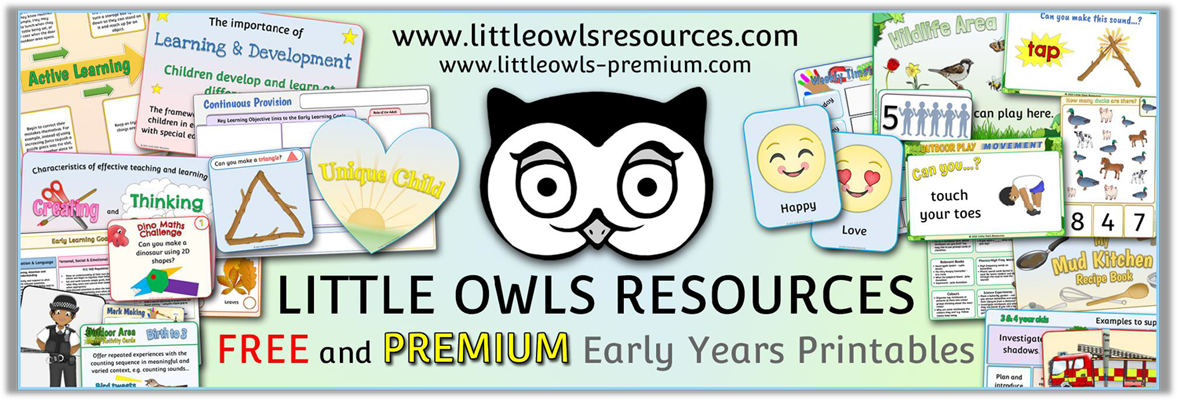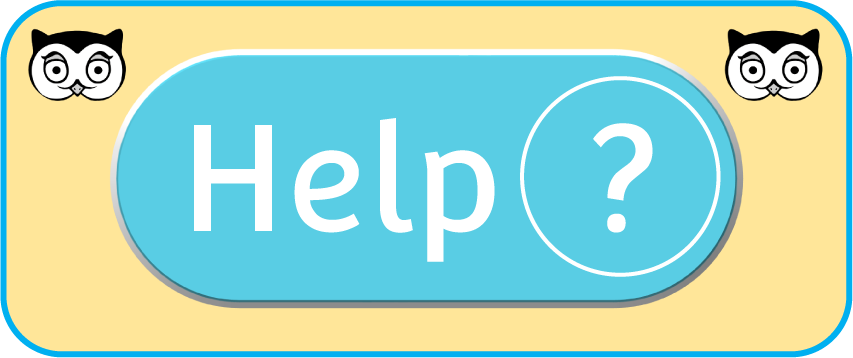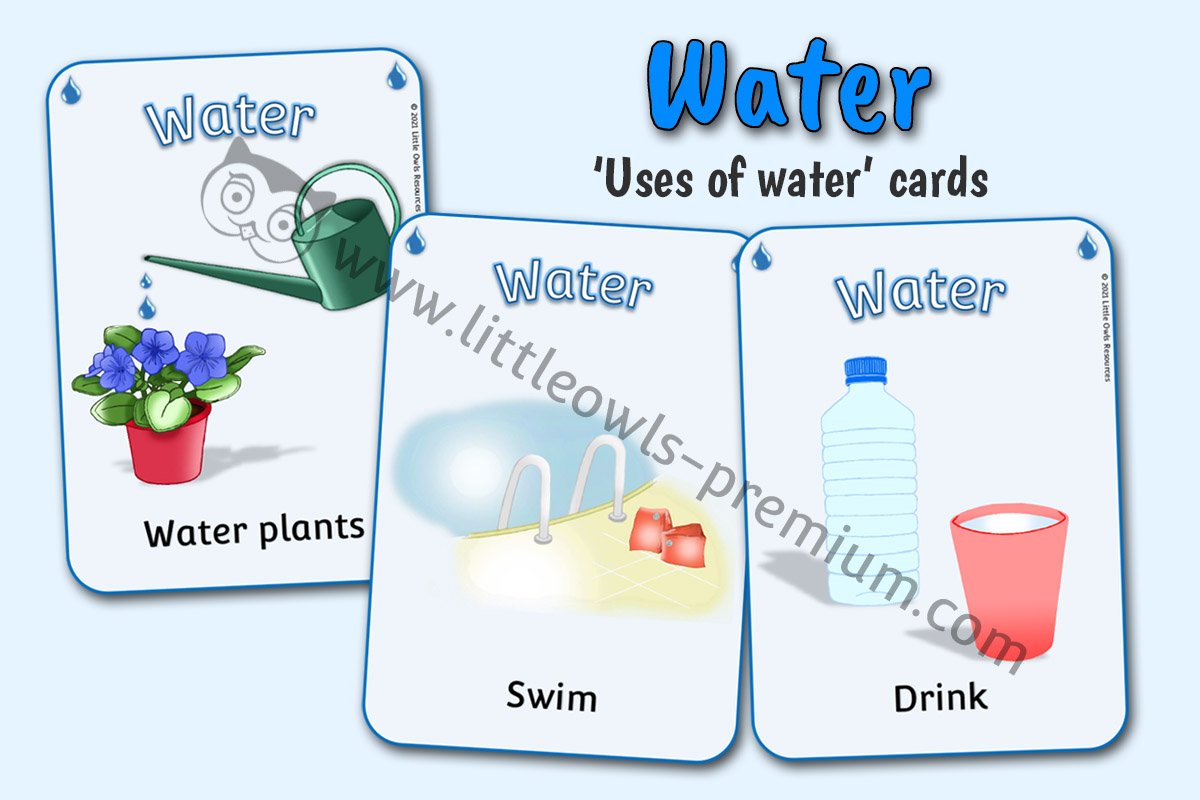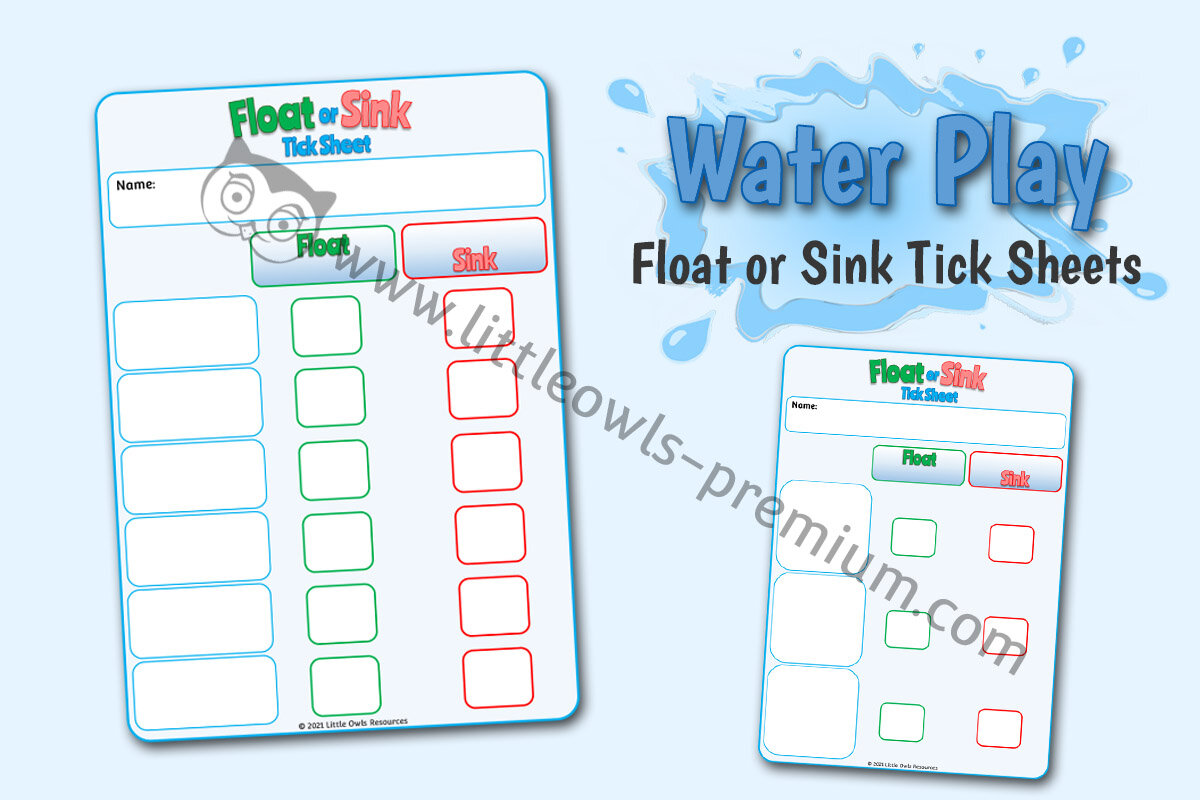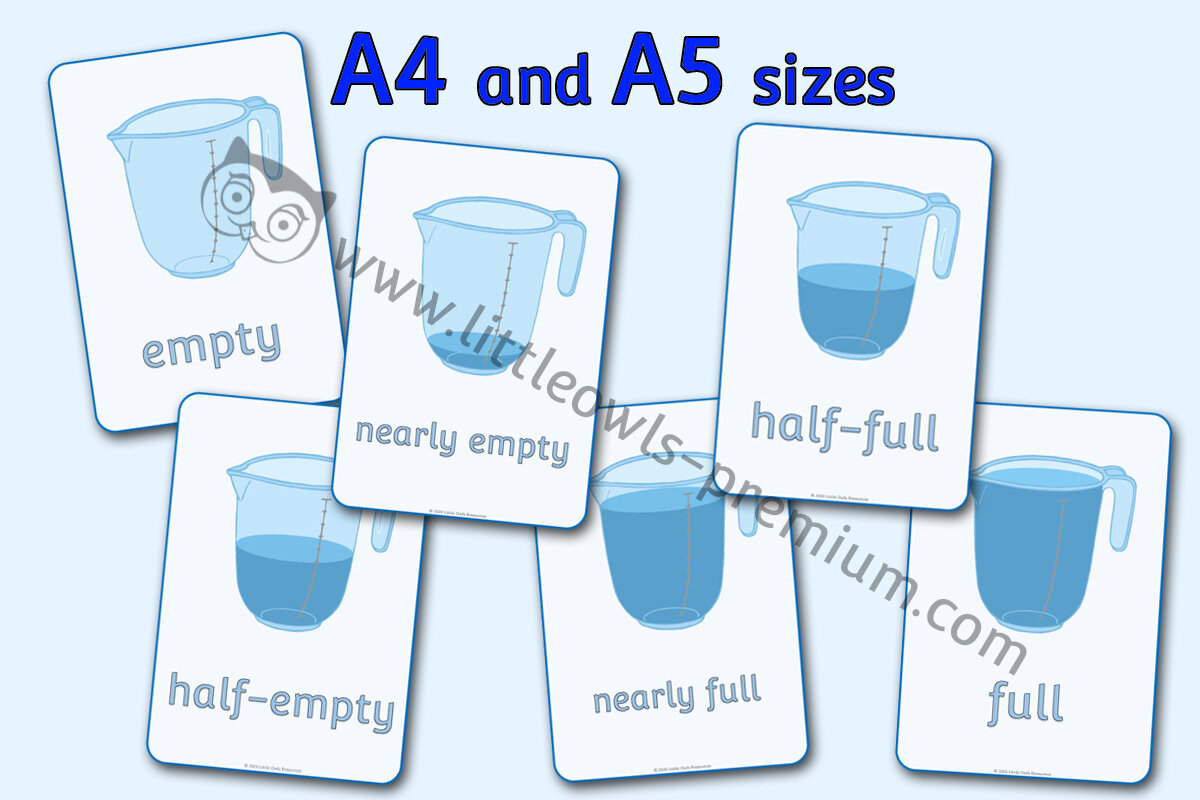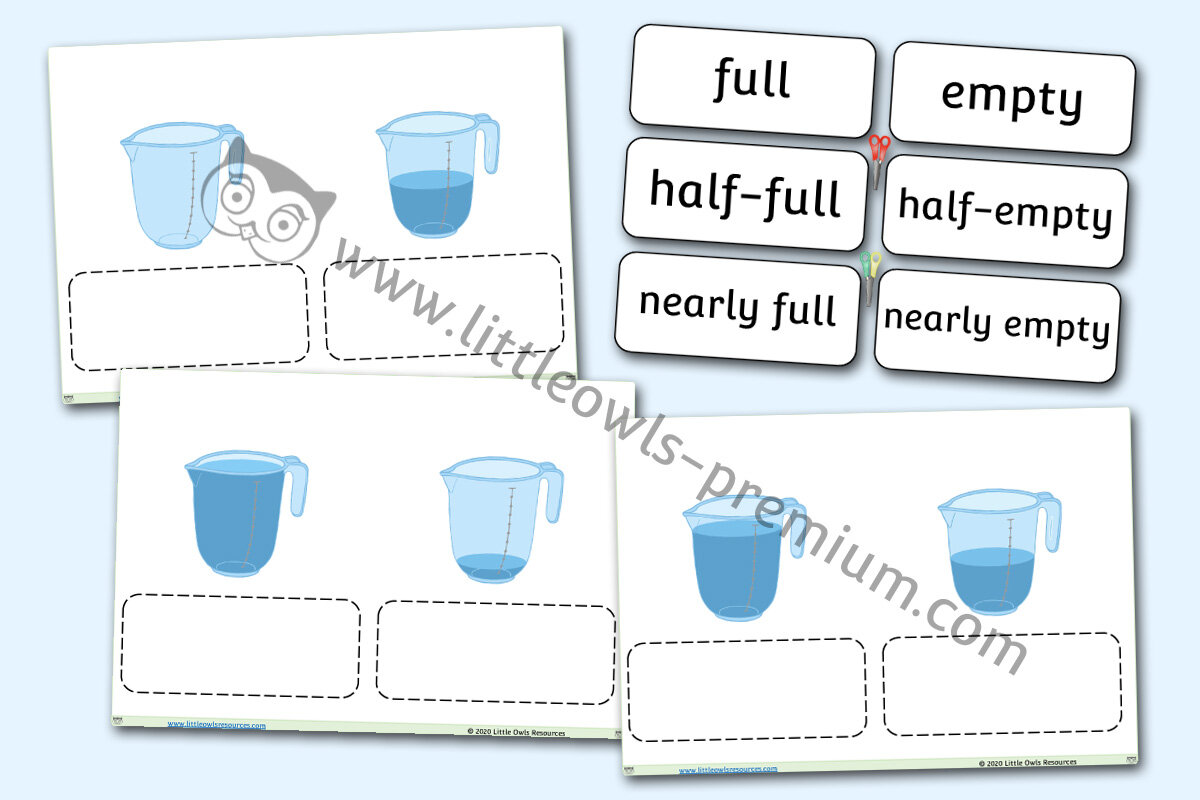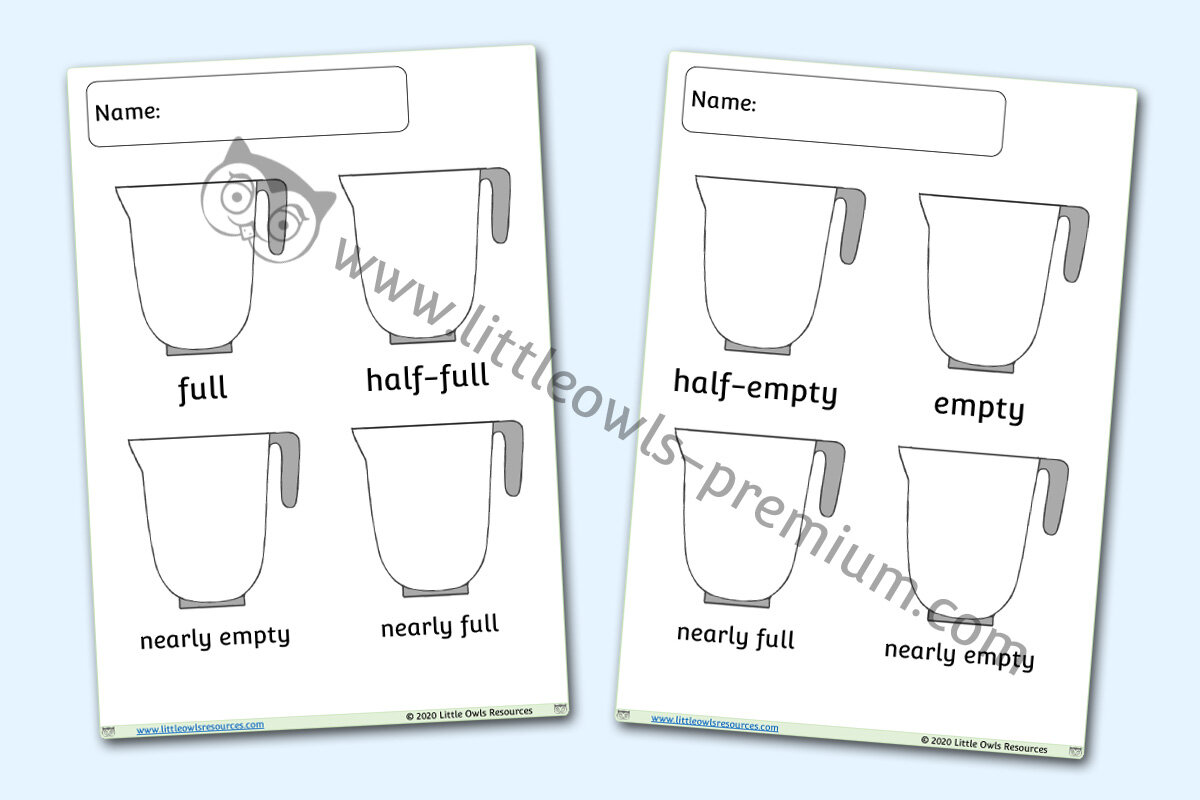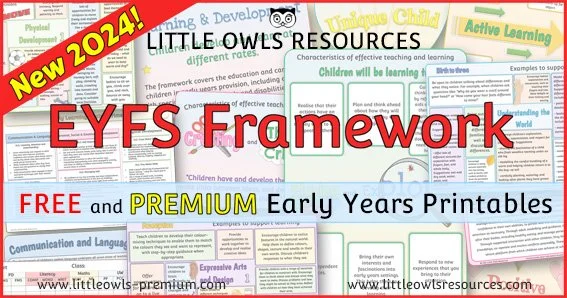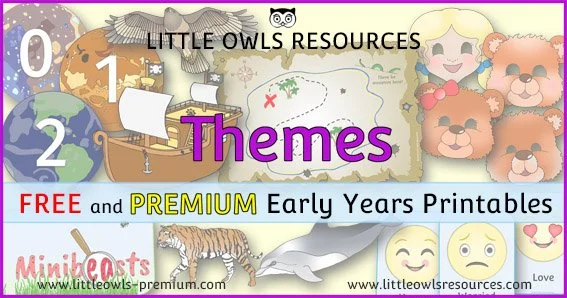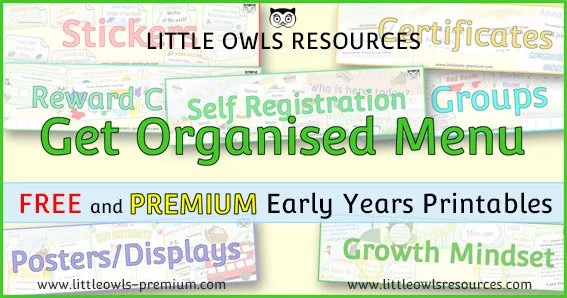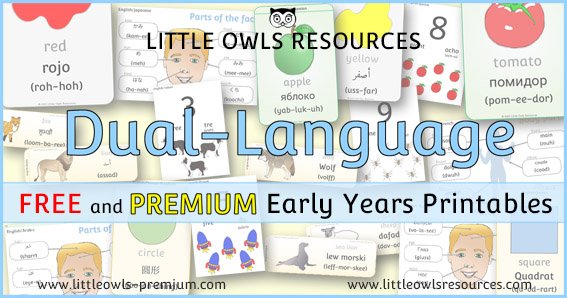Water:Early Years (EYFS & KS1) activities, Displays and ideas
SECTIONS ON THIS PAGE:
Free Sample Resources
Core ‘Wonderful Water’ printables for EYFS and KS1
‘Water Play’ Resources
Educational materials to support learning surrounding ‘Capacity’
Related special dates - World Water Day (Scroll down to find out more)
Related topics you may be interested in
If you are not a member already, become a ‘Free Access’ member here. This will give you access to resources within the ‘Free Sample Resources’ sections at the top of most pages and ‘Special Dates Calendars’. Some whole topics are even free! Find out more about all of our membership options here. If you are already a member… thank-you! x
FREE ‘Water’ Printables | Early Years
(Click on the images below to find out more)
Please note that both Editable (docx file) and non-editable (pdf file) versions are available for all ‘Water’ topic resources. (Editable files require Microsoft Word to work at optimum level and Non-Editable files require a pdf viewer.)
Click on the thumbnail images below for further details…
‘WONDERFUL WATER’ Printables for EYFS and KS1 Learning…
‘WATER Play’ RESOURCES…
Educational materials to support learning surrounding ‘Capacity’..
Related Special Dates | you may wish to explore with your children
The following is a list of awareness dates and events that may be of interest to you when covering the themes on this page. Each special date section below contains a brief description of the event, who started it and why, some ideas for exploring it with your children and a link to the official website of the awareness day or the primary organisation behind it where this is available. [Please note: external links are provided for informational purposes and we are not responsible for the content of external sites.]
World Water Day
World Water Day is an annual United Nations observance day held on March 22nd. It was established to highlight the critical importance of freshwater and to advocate for the sustainable management of freshwater resources. Each year, World Water Day focuses on a specific theme related to water, often linking to global challenges like climate change, sanitation, or the value of water.
The main educational thrust of World Water Day for EYFS and KS1 children is to foster an understanding of water as a precious and essential resource for all life, and to encourage responsible water usage and conservation. It helps children realise where water comes from, how we use it, and why it's important to keep it clean and not waste it. It also gently introduces the idea that access to clean water is a challenge for many people around the world, fostering early global awareness and empathy.
Activities for EYFS and KS1 Practitioners and Parents:
Here are some engaging and age-appropriate activities to celebrate World Water Day and teach children about the importance of water:
"Where Does Water Come From?" Discussion: Start with a simple discussion about where water comes from (rain, taps) and how it gets to our homes. You could read a simple book about the water cycle (evaporation, condensation, precipitation) or draw a simple diagram.
Water Saving Heroes: Talk about ways we can save water at home and at school/nursery. Brainstorm ideas like turning off the tap while brushing teeth, taking shorter showers, collecting rainwater for plants, or only filling the kettle with the water needed. Create a "Water Saving Heroes" poster with pictures.
Water Play Exploration: Provide different containers, funnels, spoons, and natural materials (pebbles, leaves) in a water tray or outdoor water play area. Let children explore the properties of water: Does it splash? Does it fill containers? Does it flow?
"What Floats, What Sinks?" Experiment: Provide a tub of water and a variety of small objects (e.g., stone, leaf, sponge, plastic toy, cork, coin). Ask children to predict whether each item will float or sink before testing it. Discuss observations simply.
Water Cycle in a Bag: A simple science experiment! Put a small amount of water in a clear plastic Ziploc bag, draw a sun and clouds on the outside, seal it, and tape it to a sunny window. Children can observe condensation forming and "rain" falling inside the bag, demonstrating a mini water cycle.
Clean Water Filter Station: Using plastic bottles with the bottom cut off, layers of sand, gravel, and cotton wool/filter paper, show children a very basic way to "clean" dirty water (e.g., water mixed with dirt). Emphasise this isn't for drinking, but shows how water can be made cleaner.
Painting with Water: Provide paintbrushes and plain water for children to "paint" on outdoor surfaces like pavements, walls, or fences. They can observe the water marks appear and then disappear as the water evaporates.
Global Water Awareness through Stories: Read books that show children using water in different ways around the world (e.g., collecting water, or living near different types of water bodies). Discuss that not everyone has easy access to clean water.
Sing Songs About Water: Many children's songs incorporate water themes (e.g., "Row, Row, Row Your Boat," "It's Raining, It's Pouring," "Splish, Splash, Splosh").
Water Taste Test: Provide different types of water to taste (e.g., tap water, filtered water, bottled water) in a safe and hygienic way. Discuss if they taste different and which they prefer. (Ensure safety and hygiene are paramount for this activity).
Official World Water Day / UN-Water Website: For more information, the current year's theme, and a wealth of educational resources about freshwater, please visit the official UN-Water website for World Water Day: www.worldwaterday.org
